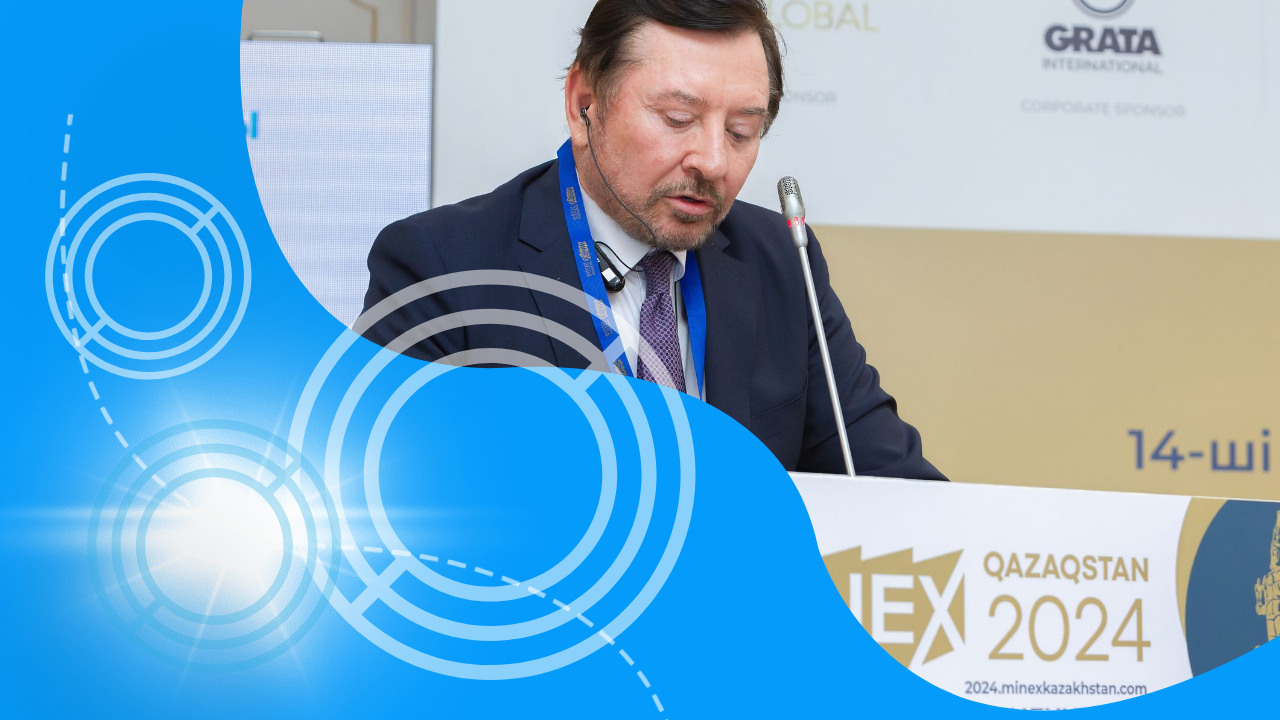Kazakhstan currently recycles only 11% of its generated mineral waste. To enhance corporate interest in waste recycling, Nikolay Radostovets, the Executive Director of the Republican Association of Mining and Metallurgical Enterprises, suggests several measures.
- Zero Tax Rate on Mineral Extraction: Radostovets proposes eliminating the tax rate on mineral extraction (NDPI) for processing technogenic mineral formations left over from metal mining. Currently, the tax rate remains the same whether processing waste or full-fledged raw materials, which he deems unfair.
- Tax Breaks for Technogenic Mineral Waste: To stimulate technogenic mineral waste recycling, the government should provide tax incentives. Radostovets argues that once processed, these waste materials should not be subject to NDPI.
- Lower NDPI Rate for State-Owned Technogenic Minerals: For state-owned technogenic minerals, a reduced NDPI rate should apply during processing.
- Licensing Metal Exports: Radostovets raises the issue of licensing metal exports. He suggests that licenses should only be granted if internal demand for the metal is met.
- Geological Exploration Funding: While the government faces budget constraints for geological exploration, Radostovets hopes that amendments to the Tax Code will facilitate compliance with international requirements for exploration activities.
- Third-Party Metal Processing: Radostovets believes that external enterprises, rather than mining companies themselves, should handle metal processing.
Kazakhstan currently has over 60 billion tons of technogenic mineral waste in landfills, while developed countries recycle approximately 70–80% of their generated waste. The proposed measures aim to boost recycling efforts and promote sustainable resource utilization in the country.

